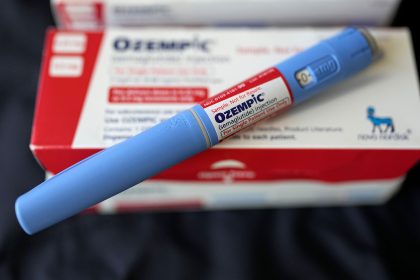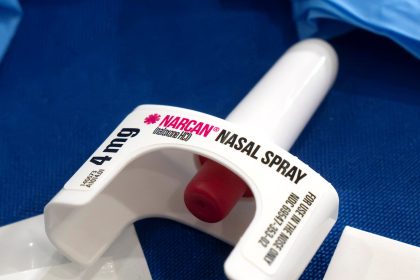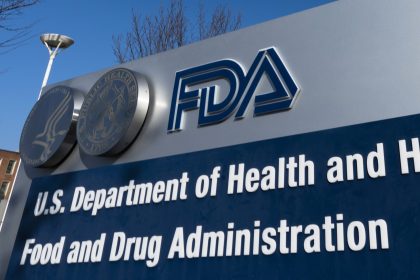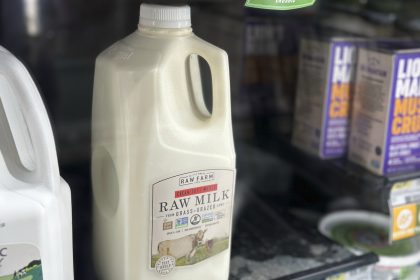Are Americans Feeling Like They Get Enough Sleep? Dream On, a New Gallup Poll Says
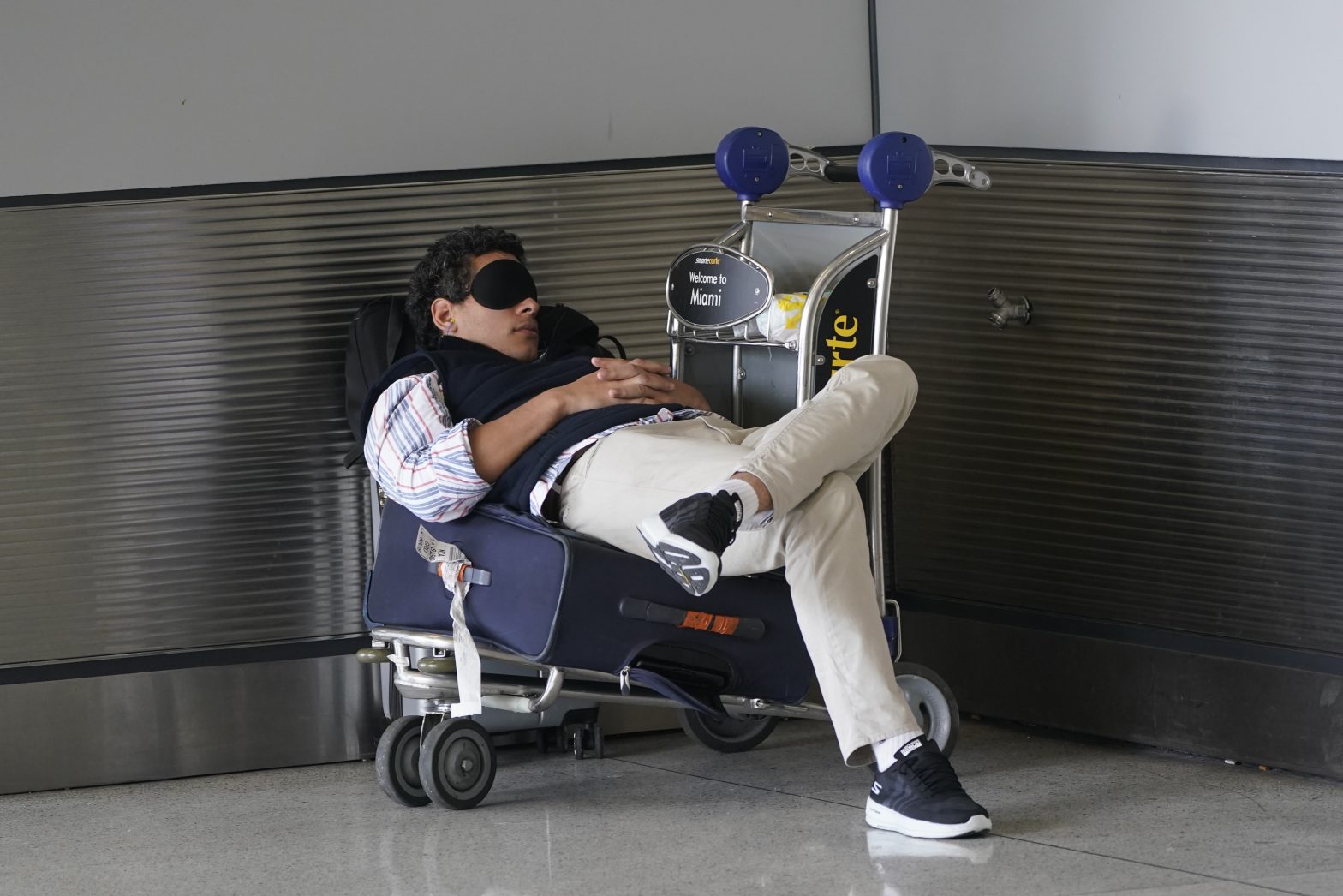
NEW YORK (AP) — If you’re feeling — YAWN — sleepy or tired while you read this and wish you could get some more shut-eye, you’re not alone. A majority of Americans say they would feel better if they could have more sleep, according to a new poll.
But in the U.S., the ethos of grinding and pulling yourself up by your own bootstraps is ubiquitous, both in the country’s beginnings and our current environment of always-on technology and work hours. And getting enough sleep can seem like a dream.
The Gallup poll, released Monday, found 57% of Americans say they would feel better if they could get more sleep, while only 42% say they are getting as much sleep as they need. That’s a first in Gallup polling since 2001; in 2013, when Americans were last asked, it was just about the reverse — 56% saying they got the needed sleep and 43% saying they didn’t.
Younger women, under the age of 50, were especially likely to report they aren’t getting enough rest.
The poll also asked respondents to report how many hours of sleep they usually get per night: Only 26% said they got eight or more hours, which is around the amount that sleep experts say is recommended for health and mental well-being. Just over half, 53%, reported getting six to seven hours. And 20% said they got five hours or less, a jump from the 14% who reported getting the least amount of sleep in 2013.
(And just to make you feel even more tired, in 1942, the vast majority of Americans were sleeping more. Some 59% said they slept eight or more hours, while 33% said they slept six to seven hours. What even IS that?)
THE REASONS AREN’T EXACTLY CLEAR
The poll doesn’t get into reasons WHY Americans aren’t getting the sleep they need, and since Gallup last asked the question in 2013, there’s no data breaking down the particular impact of the last four years and the pandemic era.
But what’s notable, says Sarah Fioroni, senior researcher at Gallup, is the shift in the last decade toward more Americans thinking they would benefit from more sleep and particularly the jump in the number of those saying they get five or less hours.
“That five hours or less category … was almost not really heard of in 1942,” Fioroni said. “There’s almost nobody that said they slept five hours or less.”
In modern American life, there also has been “this pervasive belief about how sleep was unnecessary — that it was this period of inactivity where little to nothing was actually happening and that took up time that could have been better used,” said Joseph Dzierzewski, vice president for research and scientific affairs at the National Sleep Foundation.
It’s only relatively recently that the importance of sleep to physical, mental and emotional health has started to percolate more in the general population, he said.
And there’s still a long way to go. For some Americans, like Justine Broughal, 31, a self-employed event planner with two small children, there simply aren’t enough hours in the day. So even though she recognizes the importance of sleep, it often comes in below other priorities like her 4-month-old son, who still wakes up throughout the night, or her 3-year-old daughter.
“I really treasure being able to spend time with (my children),” Broughal says. “Part of the benefit of being self-employed is that I get a more flexible schedule, but it’s definitely often at the expense of my own care.”
THERE’S A CULTURAL BACKDROP TO ALL THIS, TOO
So why are we awake all the time? One likely reason for Americans’ sleeplessness is cultural — a longstanding emphasis on industriousness and productivity.
Some of the context is much older than the shift documented in the poll. It includes the Protestants from European countries who colonized the country, said Claude Fischer, a professor of sociology at the graduate school of the University of California Berkeley. Their belief system included the idea that working hard and being rewarded with success was evidence of divine favor.
“It has been a core part of American culture for centuries,” he said. “You could make the argument that it … in the secularized form over the centuries becomes just a general principle that the morally correct person is somebody who doesn’t waste their time.”
Jennifer Sherman has seen that in action. In her research in rural American communities over the years, the sociology professor at Washington State University says a common theme among people she interviewed was the importance of having a solid work ethic. That applied not only to paid labor but unpaid labor as well, like making sure the house was clean.
A through line of American cultural mythology is the idea of being “individually responsible for creating our own destinies,” she said. “And that does suggest that if you’re wasting too much of your time … that you are responsible for your own failure.”
“The other side of the coin is a massive amount of disdain for people considered lazy,” she added.
Broughal says she thinks that as parents, her generation is able to let go of some of those expectations. “I prioritize … spending time with my kids, over keeping my house pristine,” she said.
But with two little ones to care for, she said, making peace with a messier house doesn’t mean more time to rest: “We’re spending family time until, you know, (my 3-year-old) goes to bed at eight and then we’re resetting the house, right?”
THE TRADEOFFS OF MORE SLEEP
While the poll only shows a broad shift over the past decade, living through the COVID-19 pandemic may have affected people’s sleep patterns. Also discussed in post-COVID life is “revenge bedtime procrastination,” in which people put off sleeping and instead scroll on social media or binge a show as a way of trying to handle stress.
Liz Meshel is familiar with that. The 30-year-old American is temporarily living in Bulgaria on a research grant, but also works a part-time job on U.S. hours to make ends meet.
On the nights when her work schedule stretches to 10 p.m., Meshel finds herself in a “revenge procrastination” cycle. She wants some time to herself to decompress before going to sleep and ends up sacrificing sleeping hours to make it happen.
“That’s applies to bedtime as well, where I’m like, ’Well, I didn’t have any me time during the day, and it is now 10 p.m., so I am going to feel totally fine and justified watching X number of episodes of TV, spending this much time on Instagram, as my way to decompress,” she said. “Which obviously will always make the problem worse.”
___

















